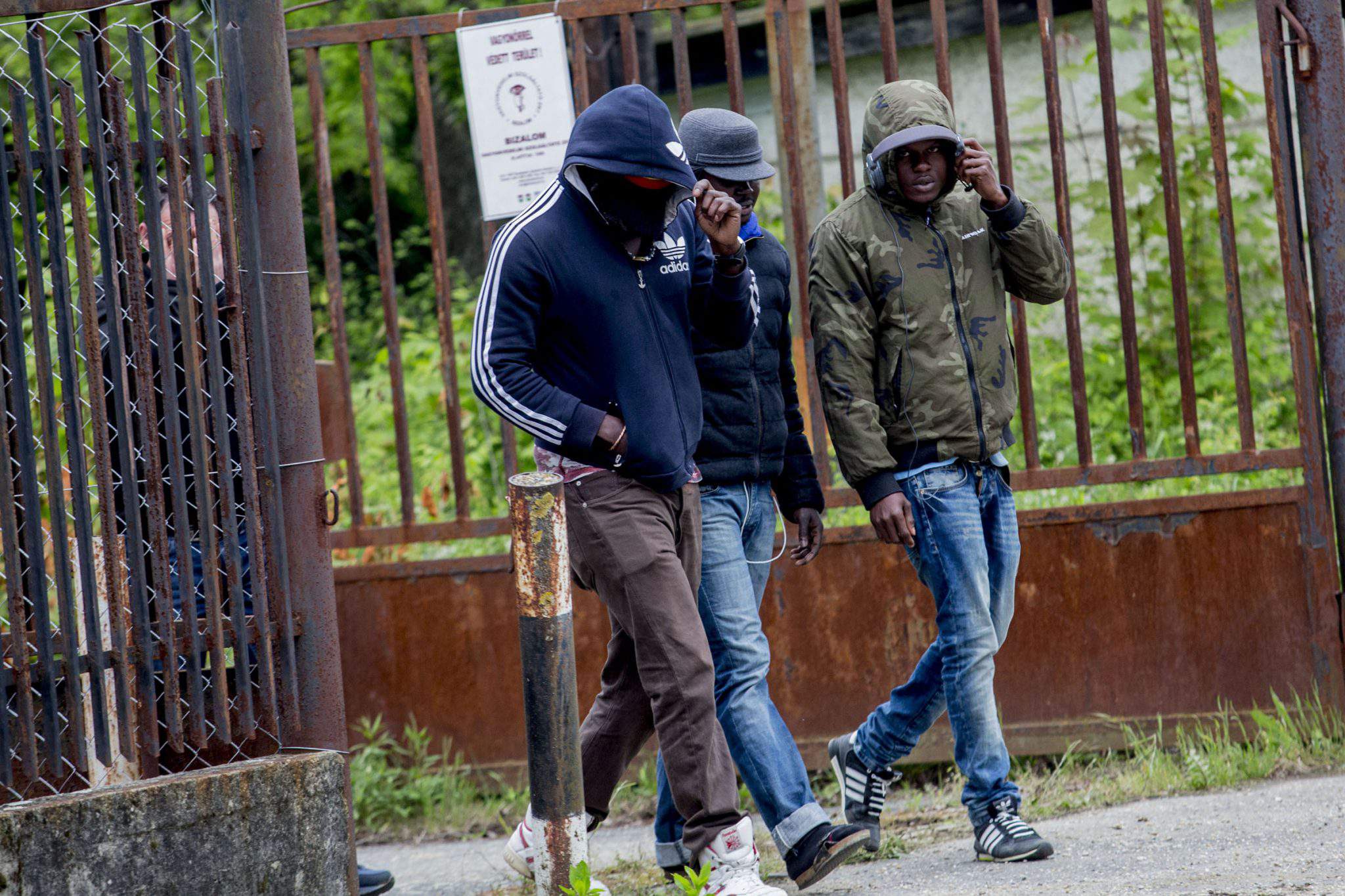Hungarian Parliament to vote on migration bill in February

Parliament is expected to vote in February on a new package of laws aimed at fighting illegal migration and boosting Hungary’s security, government office chief János Lázár said on Thursday.
The government believes it important that organisations that support and organise illegal migration, and receive foreign funding, should operate transparently, Lázár told a regular press briefing. The bill obliges such organisations to register their activities and pay a 25 percent tax on donations received from abroad to be spent on border protection costs. Additionally, organisations could be subject to a restraining order with possible identical consequences to a ban, Lázár said. “If I had to mention an example, I would say that employees of the [Hungarian] Helsinki Committee could fall in that category”, he added.
Since the planned law will apply only after it enters force, this will give an opportunity to US financier George Soros to stop “financing illegal migration” to central Europe, Lázár added. If in the future Soros refrains from such activities the law will not apply to him or to “his organisations”, he said.
The draft package also aims to prevent civil groups from using European funds “to organise migration”, Lázár said.
He said Hungary last year gave asylum to nearly 1,300 people because “we help those who are in trouble”. He added, however, that those granted asylum are “not to be taken for economic migrants” whom Hungary “seeks to stop”. Since Jan. 1, some 50 people have been granted asylum and the number could grow between 500-1,000 by the end of 2018, Lázár said.

Meanwhile, concerning Austria’s plans to cut benefits for children residing outside that country, which would impact many Hungarians working in Austria, Lázár said the government was monitoring the situation and the subject could be raised during Prime Minister Viktor Orbán’s upcoming visit to Vienna. He insisted that under the EU principle of avoiding double standards, Hungarian employees in Austria must not suffer any disadvantage compared with their Austrian peers.
Asked whether the government was hopeful that bilateral relations with Romania would improve now that a new prime minister has taken office, Lázár said that in the past 100 years
“there has been no Romanian prime minister that gives hope to the Hungarian government … what Hungary is interested in is cooperation.”
On another subject, Lázár said that the government had given the go-ahead for a feasibility study for a 450km high-speed rail link between Budapest and Cluj Napoca (Kolozsvár) in Romania.
Featured image: Béli Balázs
Source: MTI

